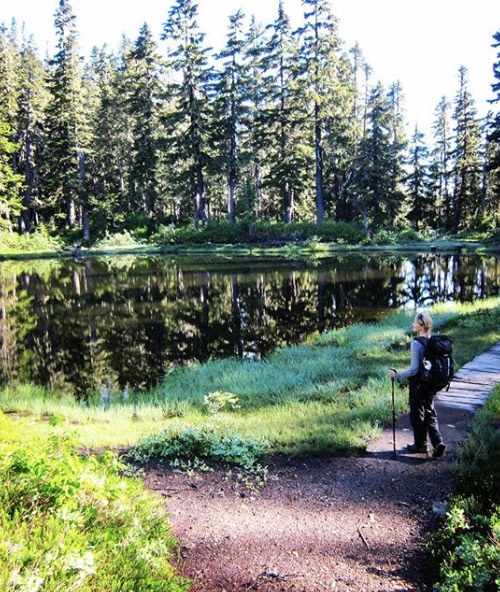February 21, 2024
By Charlotte Gilmour
I joined Yulu seven years ago with the goal of transitioning to climate communications; and as an impact agency, Yulu has provided the perfect environment to launch and scale this unique practice.
During this time, we’ve been fortunate to represent 25+ climate organizations, including for profits, nonprofits and government organizations. As our knowledge of the climate space has deepened, so too has our understanding of what sets a ‘climate communicator’ apart from a ‘generalist communicator.’
1. We really value science (especially climate scientists): When it comes to climate, we greatly appreciate the work of the scientists reporting unbiased numbers, and charting how humanity’s efforts are helping or hindering progress. In fact, many of our climate stories will be centered around these statistics.
At the time of writing, the quality of carbon in the air is north of 420 ppm and has only increased over time. While emissions dipped during Covid, it didn’t translate to a drop in atmospheric carbon (and we obviously need to find better ways of reducing emissions permanently than through global pandemics…!)
2. Intersectionality: we care about people and other species as well as the climate: While we care deeply about the scientific numbers, we care equally about the people and the other species that we share planet Earth with. Now is the time to accelerate solutions that not only reduce emissions or protect the natural world but usher in a fairer, more just, and more equal world in the process.
When it comes to communications, this means we’re looking for better representation in the stories we tell. How are you moving the needle on climate justice? Whose voices are we centering in our stories, and whose voices have been left out? Climate organizations provide a platform for more inclusive representation, and as communicators, we’re here to deepen and amplify this fairer representation. It’s important to remember that, although everyone is or will be affected by climate change, it’s those that have contributed the least to the climate crisis that are most climate-vulnerable. Ultimately, the goal of creating a sustainable planet shouldn’t be reserved for some; it should be accessible to all.
3. We need to understand the details before we’ll represent you: As a climate communicator, we’re mandated to truthful representation & fear becoming part of the problem of inaccurate reporting (a practice which has hindered climate action and deeply divided communities). We, therefore, need a deep understanding of the solution and its potential to address climate change before advising on how to communicate it.
This means we ask a lot of questions! It’s important to us because we see ourselves as allies to climate reporters, helping them report on solutions that are best placed to improve our climate trajectory.
4. Where others see competitors, we see allies: Traditionally, companies in a similar sector would see themselves as ‘competitors’; in the climate space, we see other climate organizations as ‘allies.’ Rather than talking about how to outperform another company, we talk about how to partner with them. The reality is that tackling climate change is the biggest issue today and dedicating energy to in-fighting among climate companies is fruitless. Let’s work together, not against each other, to accelerate solutions.
In terms of communications, this means we’ll consult you to speak respectfully of other climate companies, and not use your voice or platform to undermine them: instead, focus on what difference your organization can make & how partnerships can accelerate your impact.
We have the tools to accelerate climate solutions, if used thoughtfully and intentionally for the future of Team Planet. If used carelessly, communicators can perpetuate more harm than good in terms of inhibiting or distracting true climate action and deepening social divides.
So let’s use our communications tools with care.
Visit our portfolio to learn more about our experience in the environment & sustainability communications space. If you’re interested in talking more about climate communications, get in touch: charlotte@yulupr.com


